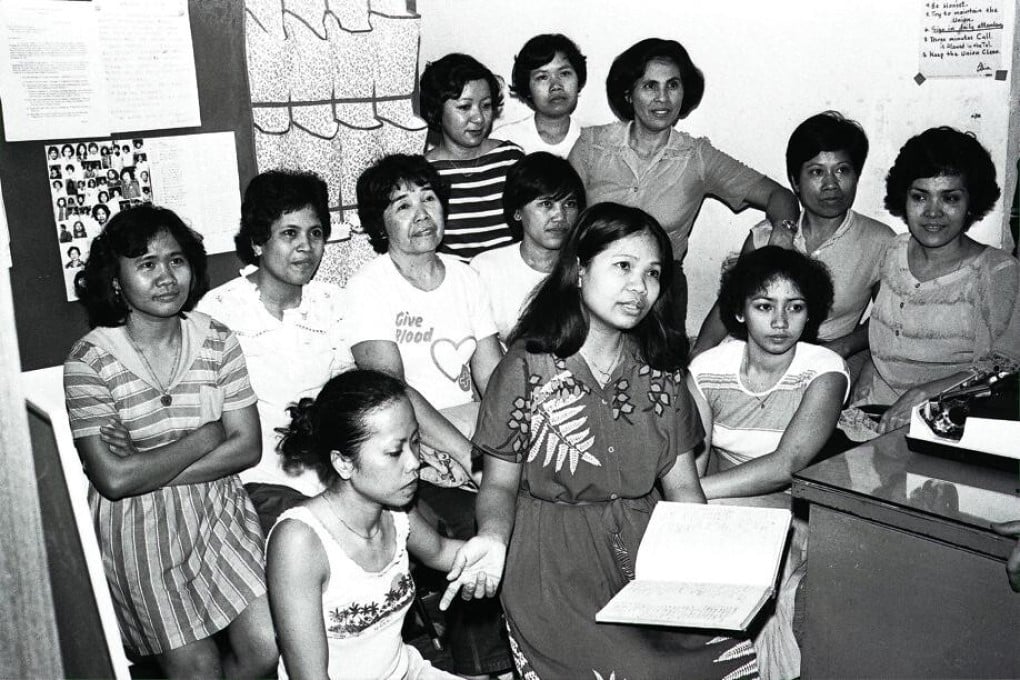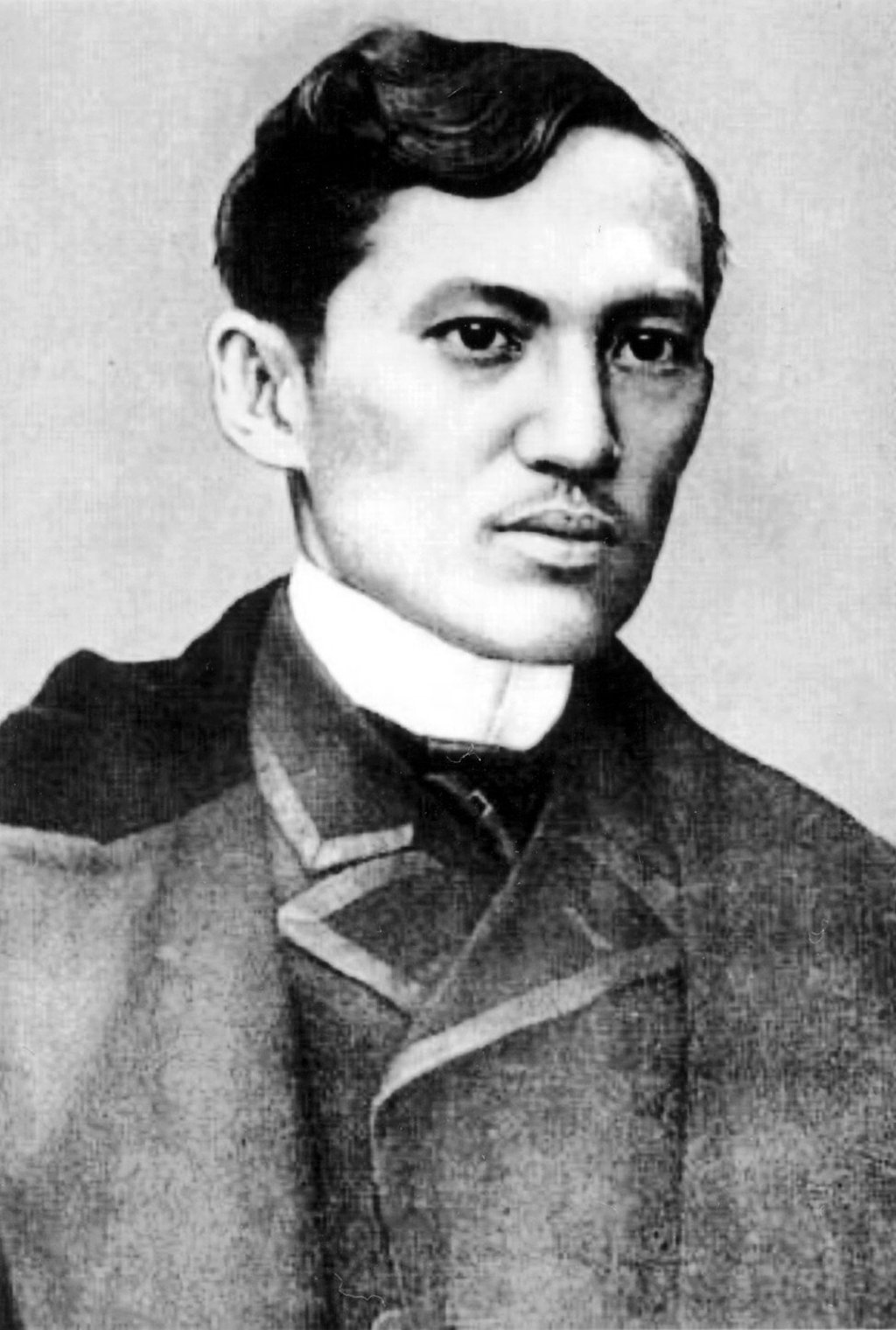Then & Now | Hong Kong once supplied domestic helpers to the Philippines, until roles reversed
While Hongkongers often regard the Philippines with derision, it’s not so long since the city received investment from and sent helpers to Manila

Hong Kong’s Portuguese and Filipino communities first settled here in the 1840s and by the late 19th century, they had melded closely.
These creolised peoples were cultural cousins to an extraordinary degree, with similar syncretic food cultures, popular Catholicism, hybridised home languages, and common Iberian ancestral roots. Educated Filipinos explicitly considered themselves – and were generally regarded by others – as culturally Spanish.
Significant mobility existed between the two places, especially by the end of the century.

Hong Kong Portuguese families invested and settled in the Philippines, and wealthy Filipino mestizo families educated their children in Hong Kong; this process accelerated after the American takeover of the islands in 1899-1902. In particular, English-medium convent schools popular with local Portuguese families, such as the Italian Convent, were highly sought after for chaperoned Filipino mestizo girls.
With devolved political independence from the United States in 1946 (following a political settlement in 1935 for a 10-year transition period that was interrupted by the Pacific war), an educated population, import substitution industries, and preferential access to US markets for agricultural products (in particular sugar), the immediate post-war Philippines economy was a prosperous harbinger for the future of post-colonial Southeast Asia.
